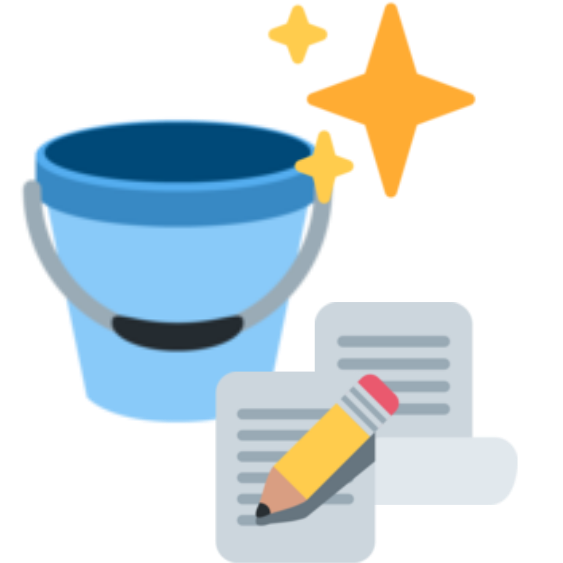Cognitive reflection again
Oh god I'm getting dangerously close to thinking about the bat and ball again. Currently not the bat and ball itself but just the idea of 'cognitive reflection' and 'effortful' vs 'intuitive' thought in general.
I keep coming back to the Cognitive Reflection Test because I think the test itself is pretty terrible but the distinction it's trying to get at is interesting. I still think there are experiments you could do in this rough vicinity that would actually tell you something useful.
The particular situation that got me thinking about this again was a simple task I was doing at work. I write technical documentation so I need to include a lot of code snippets, and sometimes I'll want to highlight a specific line within them - here's some random page of the Gatsby docs with examples of what I'm talking about. I have to include the line number in the markup, and if the snippet is long I won't necessarily be able to just eyeball the correct number. I could count the lines of the snippet, or subtract the line number of the highlighted number from the starting line... but that's way too much like effortful thought for me. Instead, I always guess ("hm, that looks roughly like line 15"), add the guessed number in, and then check at the output. It'll normally be a bit off... but only by two or three lines, and I can easily eyeball that. So I adjust the number and I'm done, none of that horrible thinking required.
The first example in this blog post is similar. I didn't want to check the side length of a 16 by 16 square in Inkscape, so I made a 4 by 4 square and moved it along the sides, checking that I could translate it exactly 4 times. In general I always seem to be looking out for ways to avoid thinking and stay within the boundaries of what I can 'just see' perceptually, even if it takes longer.
Presumably this is something people vary on? And there are experiments similar to these two scenarios you could run, to see what people do? This seems much closer to the baseline skill that 'cognitive reflection' is trying to measure than asking people three mismatched brainteasers with a bunch of other distracting stuff going on.
Of course maybe these sort of experiments exist, and I just don't know where to find them.

Member discussion